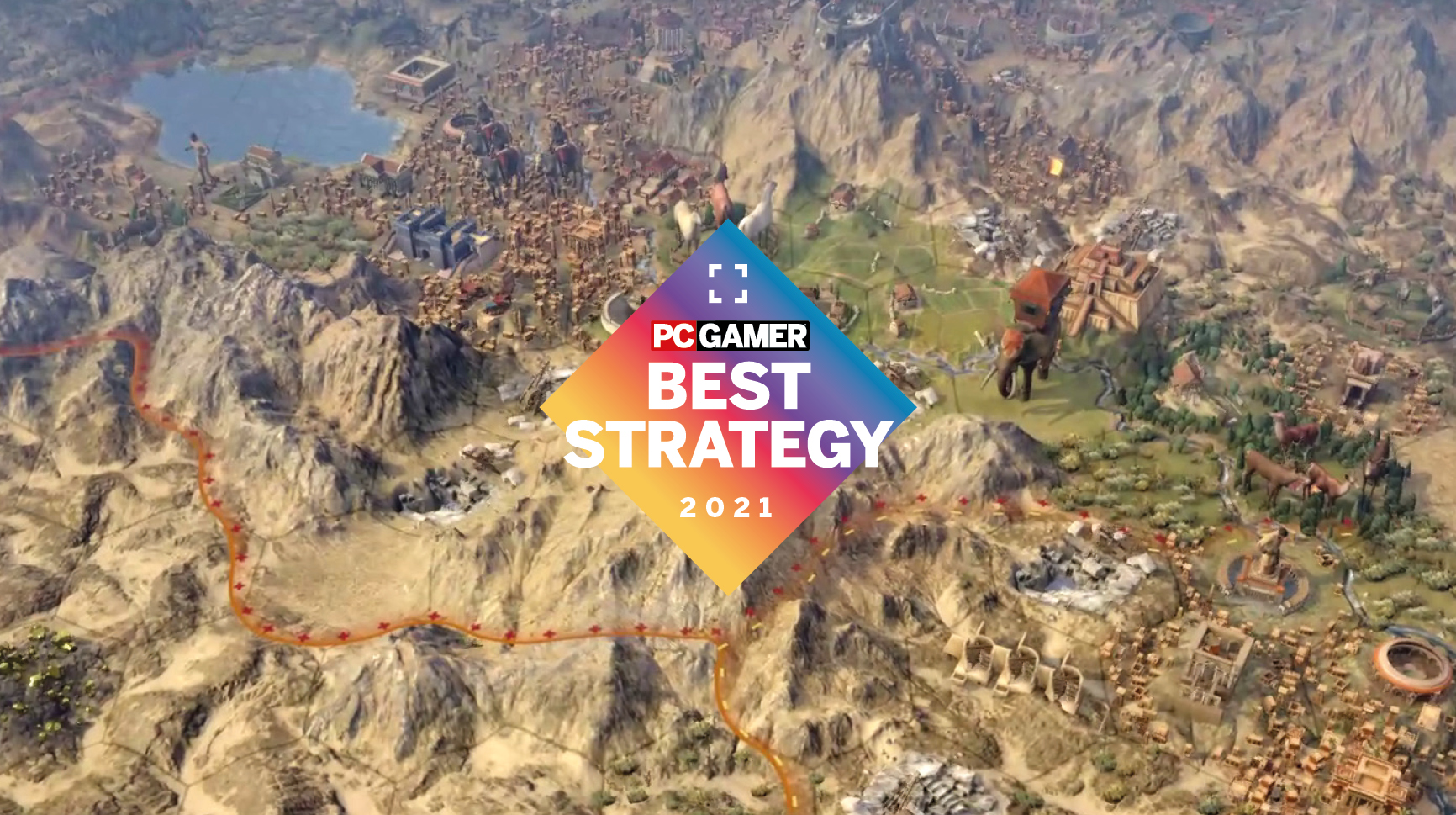Historical 4X Old World is the best strategy game of the year. We’re handing out more awards throughout the month of December—head to our GOTY 2021 hub to see them all.
Fraser Brown, Online Editor: I’ve dreamed of splicing all my favourite games with Crusader Kings at some point or another, but few more so than Civilization. Firaxis’s venerable series has spawned some genuine masterpieces, but it’s also starting to feel a bit familiar and unadventurous, especially compared to Paradox’s wildly ambitious and proudly weird grand strategy RPG. Could the best parts of both coexist in a single game? Old World proved they could, while also being a fantastic historical 4X in its own right.
Old World is a game of building empires and expanding cities, but with heaps of human drama and complications, and both aspects interact with each other in unexpected ways. When you found a city, you make a single family its ruler. Each comes with unique mechanical bonuses, but there’s also your relationship with the families to consider—and the people who belong to them. Maybe you’ll give it to the family of your favourite general and best mate, or use it as an olive branch to mend things with a family you’ve pissed off. All the intrigue and strategy exist in harmony, even if things aren’t looking so great at court.
It’s so much more than Civ with Crusader Kings’ humanity, though. Mohawk Games and designer Soren Johnson have also reconsidered a big list of 4X systems, as well as finding ways to make the genre more manageable without sacrificing complexity—sometimes they add even more interesting opportunities. The Orders system is fantastic for this very reason. It ostensibly limits how much you can do in a single turn, teaching you to prioritise, but that limitation can be neutralised by making certain decisions that will shape your civilisation and ruler. Simpler but just as welcome, you can undo any action you take, or an entire turn. It’s great for fixing misclicks or silly mistakes, but it’s also a boon for experimentation and learning the ropes.
All this, combined with its more focused timeframe—the name’s a giveaway—and fairly brisk campaign make it easy to get stuck into, but it’s still dense and sometimes opaque. I thought it was great at launch, and I can appreciate it more now.
Evan Lahti, Global Editor-in-Chief: The 4X genre continues to be quietly vibrant. Years ago the notion of anyone out-civving Civilization seemed impossible, but as you say, Fraser, it’s only natural that Mohawk and Johnson are the ones to do it, with Johnson having led design on Civ 4. Any historical 4X game from here on that doesn’t feature some kind of succession and narrative events system is going to feel empty by comparison, I think.
Old World reminds us that all games have potential as storytelling engines, even “board games” like Civ. It’s just that the story of your half-brother inheriting the throne, defeating the Romans in battle, and discovering a mysterious sword is way more interesting than the legendary tale of accumulating enough science points to unlock Refrigeration on a tech tree.
The succession system also shakes you out of certain comfort zones in a good way: It hurts when you lose a great leader for a lousy one, but leaning into that moment as a low point for your people gives you insight into how countless groups have felt throughout history. Beyond the family stuff, the fundamental changes Old World makes to how moves per turn are calculated with Orders is a much preferable system that adds flexibility to this style of strategy.


